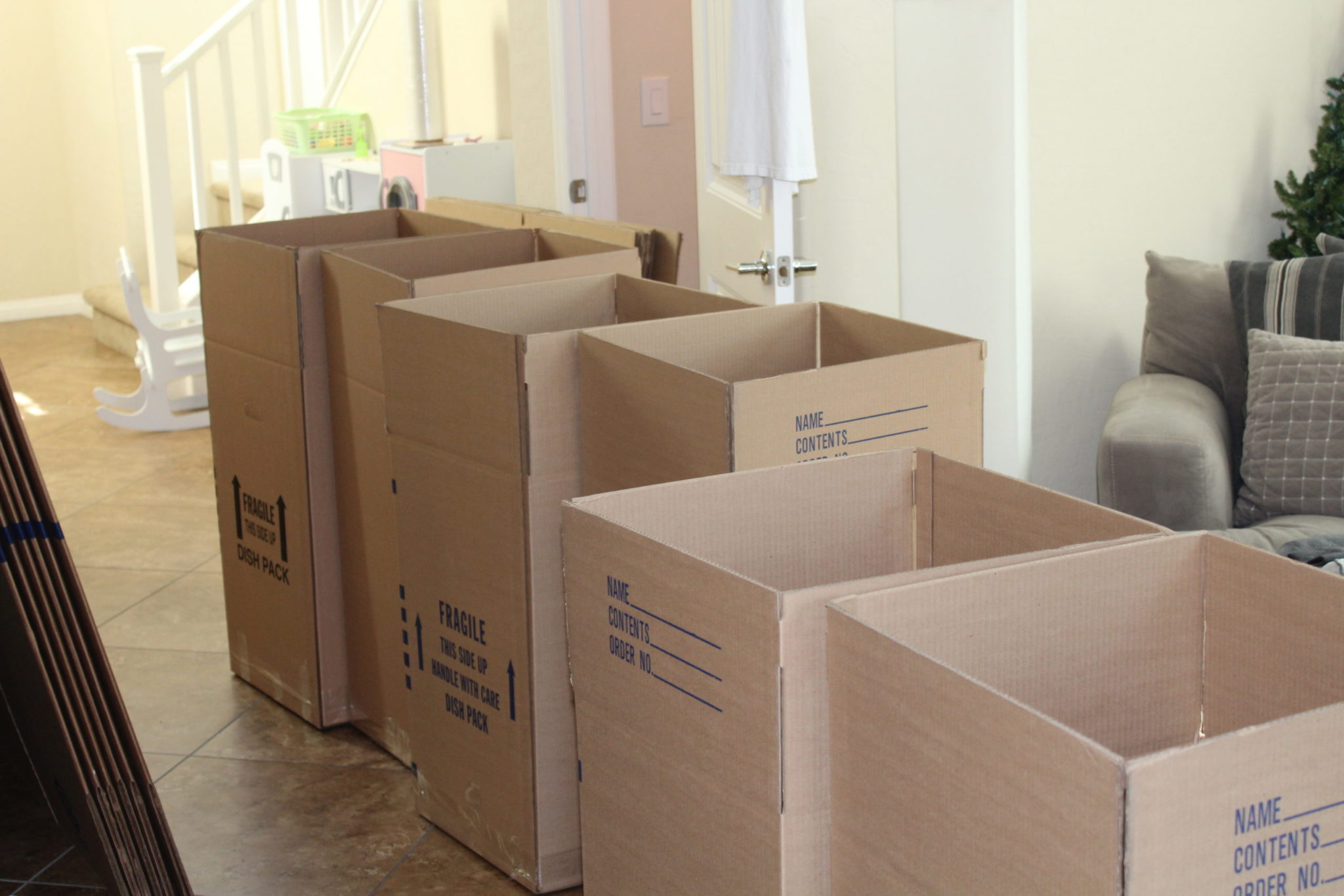
Cassidy Arrington ’23 requested that the University send her four textbooks. Instead, she said, they sent her an iPad.
After the University announced that classes would be conducted online for the rest of spring semester, Arrington entered the books into the essential items survey that Dean of Student Affairs Camille Lizarríbar circulated in a March 17 email. Through the survey, Yale — using an external company Dorm Room Movers — sought to reunite students with “urgently needed items” left on campus such as laptops and passports. Arrington’s tale — mistakenly receiving an iPad and subsequently shipping it to the proper owner, a student in her residential college — is odd, but stems from a situation that is far from unique among undergraduates.
Like so many students, Arrington had left for spring break without many of her books and personal belongings. She did not pay much mind to a March 3 email from Dean of Yale College Marvin Chun advising students to bring home any items they may want in case of a delay to the start of spring term. While her story is only one example of receiving the wrong items after filling out the survey, Arrington is one of many students who found themselves lacking essential items and learning materials for the remainder of the semester.
“We are working on plans to return non-essential belongings to students once public health restrictions are lifted,” Lizarríbar wrote in an email to the News.
When the University first announced its transition to online learning, Yale College gave students one day to request essential items that would be sent to them. It urged students to ask only for what they needed for the rest of the semester.
“We will be able to reunite everyone with their critical belongings most quickly if each of you keeps your requests to a minimum,” Lizarríbar’s initial email to students read. “Now is not the time to request items such as jewelry or other non-essential valuables.”
Any items that students did not request or collect themselves before March 15 were locked in their rooms.
Ben Beckman ’23 opted not to bring his French horn home with him for spring break to avoid denting it in transit. And upon receiving Lizarríbar’s email, he decided not to make a request, fearing damage to the instrument. The horn is worth several thousand dollars and easily damaged when packed up or shipped, he said.
“I’m nervous and worried,” Beckman said. “Especially if I get an email that my room has been packed,” he added, referencing the University’s decision to move certain dorm belongings so other people — such as graduate students or New Haven public safety officers — could live in the vacant room.
More than 300 students’ dorm rooms have already been cleared so that emergency personnel can self-isolate. The University is in the process of packing up hundreds more rooms. The University gave affected students two options: Having all of their items shipped to them or placing their belongings in storage for the summer.
Despite these provisions, Miriam Huerta ’22 has been unable to retrieve her things. Huerta, whose single in Benjamin Franklin College was cleared for first responders, chose not to fill out the initial essential items survey because it asked students to only request items they needed for the rest of the semester.
But after the survey closed, Yale did not give students an additional opportunity to request specific items. Upon hearing her room would be packed, she chose to send her items to summer storage, fearing she would not be able to transport her belongings back to New Haven next year.
As a result, Huerta does not have her insurance cards, some $250 in her safe, her contact lenses and electronics for engineering projects.
“I’m in support of them housing first responders and people who help with the COVID-19 pandemic,” Huerta said. “[But] Yale should have done a better job of figuring out which rooms are empty and which rooms are not empty.”
Huerta explained that some students who live close to campus retrieved their things when Yale first announced the switch to online learning.
Lizarríbar explained that the University chose to pack singles that allowed them to prepare fewer bathrooms.
Yale’s website currently states that the University is working on arrangements for students to retrieve other items.
Rose Horowitch | rose.horowitch@yale.edu







